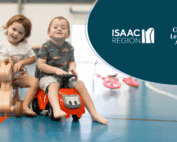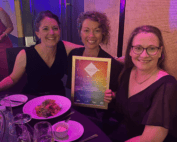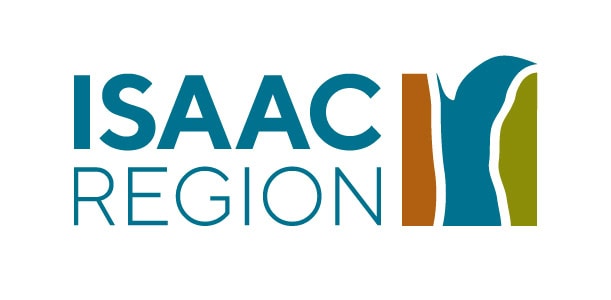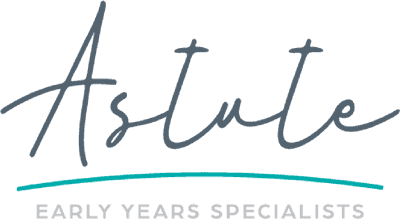
In the tapestry of humanity, diversity weaves a vibrant pattern that shapes the world we live in. Embracing diversity from an early age is crucial, and one of the key places where this foundation is laid is in early childhood education and care. Early childhood education and care (ECEC) services play a significant role in supporting and celebrating diversity, fostering an environment where children learn not only about the world around them but also about the beauty of differences.
Building a Foundation of Inclusivity:
Early childhood is a time when young minds are like sponges, absorbing knowledge and attitudes from their surroundings. ECEC provides an opportunity to build a strong foundation of inclusivity by exposing children to a variety of cultures, languages, and perspectives. Teachers and caregivers play a crucial role in fostering an environment where every child feels valued and accepted.
Cultural Competence:
Diversity should not be a mere add-on to early childhood programs; it should be an integral part of it. ECEC incorporates diverse perspectives into their learning experiences and resources. This not only exposes children to different cultures but also helps them develop cultural competence—the ability to understand, appreciate, and interact with people from different backgrounds.
Language Development:
Language is a powerful tool for communication and connection. ECEC programs can play a role in supporting linguistic diversity by exposing children to different languages. This not only enhances their language development but also promotes an appreciation for the richness of linguistic diversity.
Celebrating Festivals and Traditions:
Festivals and traditions are windows into the cultural heritage of different communities. ECEC settings can celebrate a variety of festivals, allowing children to experience the joy and significance attached to each. This not only broadens their cultural awareness but also teaches them to respect and celebrate differences.
Role of Families and Communities:
ECEC is not confined to the classroom; it extends to the families and communities that children come from. Collaborating with families and involving the community in celebrating diversity creates a holistic learning environment. Parents can share their cultural practices, stories, and traditions, enriching the educational experience for everyone involved.
Anti-Bias Education:
Anti-bias education is an essential component of fostering diversity in ECEC settings. It involves actively challenging stereotypes, promoting fairness, and cultivating a sense of justice. By incorporating anti-bias education, ECEC programs can equip children with the tools to recognise and confront bias, discrimination, and prejudice.
Creating a Safe and Inclusive Environment:
Beyond the curriculum, it’s essential to create a physical and emotional environment that is safe and inclusive. This includes promoting positive behaviour, discouraging bullying, and addressing any discriminatory behaviour promptly. A sense of belonging is crucial for children to thrive and embrace diversity.
Early childhood education and care serve as the foundation for a future where diversity is not just tolerated but celebrated. By weaving the principles of inclusivity, cultural competence, and anti-bias education into the fabric of ECEC, we can empower the next generation with the skills and attitudes needed to navigate an increasingly diverse world. Through these efforts, we can foster a society where differences are not barriers but bridges that connect us all.
We are so proud to announce the launch of “These Are Our Children,” a new campaign seeking a whole-of-community approach to highlight the crucial role accessible, high-quality childcare plays in thriving regional communities.












